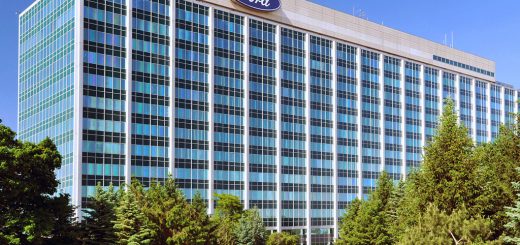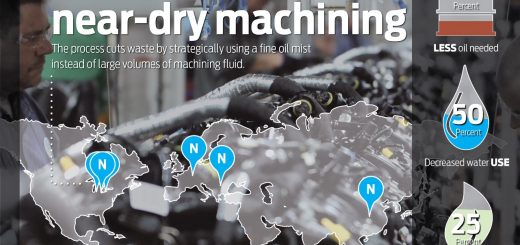Subaru has experienced a sales boom in the United States over the last four years, a turn of events which has largely been bolstered by popularity of the Forester crossover. The company has also enjoyed a socially responsible image amid its recent successes, however recent findings from Reuters indicate Subaru has sourced cheap foreign laborers and asylum seekers at its Japanese plants, bringing its humanitarian image into question.
The foreign laborers work at Subaru and its supplier’s plants in Ota, Japan. Reuters found many of the workers, who come from countries such as Bangladesh, Nepal, Mali and China, earn about half that of Japanese workers doing the same job, and many are also employed through labor brokers that may charge up to a third of their wages for their services.
Many of the workers have also undergone abuses at the hands of brokers and employers, including one who said he was fired after being unable to work due to a back injury. Workers have also been pressured into working double time, fired without notice and suffered injuries fitting leather onto the seats and headrests for the ever-popular Forester.
The humanitarian issues are a direct result of Japan’s labor market, which has undergone strain as its population shrinks. Amid a lack of available workers, Subaru and its suppliers are resorting to asylum seekers and other foreign laborers to help meet production demands. Subaru says its suppliers are responsible for their own labor practices, telling Reuters they “ask that the suppliers do not discriminate and that they respect human rights and follow the laws and regulations as stated in our guidelines.” Additionally, the automaker said it “can’t make cars, or even parts, without foreigners.”
About 580 foreigners were found working at four of Subaru’s suppliers in Ota, Reuters findings indicated. This is said to represent about 30 percent of the workforce at the four plants, however there are about 28,000 people working at the automaker’s different suppliers in the region.
Additional humanitarian issues are brought to light when looking at the problem of asylum seekers. While some asylum seekers are on a work permit which must be renewed, others are on “provisional release,” and are working without permits. Individuals in this scenario are allowed to stay in the country but not allowed to work, making it especially hard for some to survive. Furthermore, they are stuck in a state of limbo, as they cannot go home but aren’t allowed to work.
Subaru told Reuters it doesn’t employ people on provisional release, while fellow Japanese automakers Toyota and Nissan said they do not employ asylum seekers at all. However the issue is unlikely to secede as Subaru’s sales remain high and Japan’s workforce shrinks.














No Comments yet